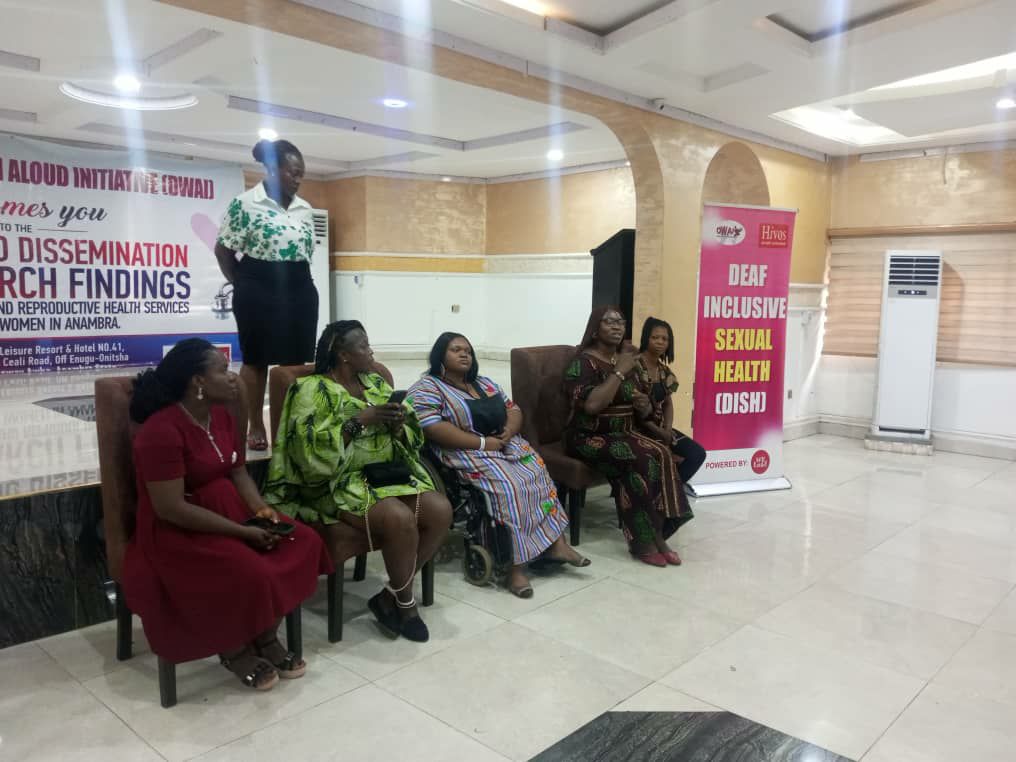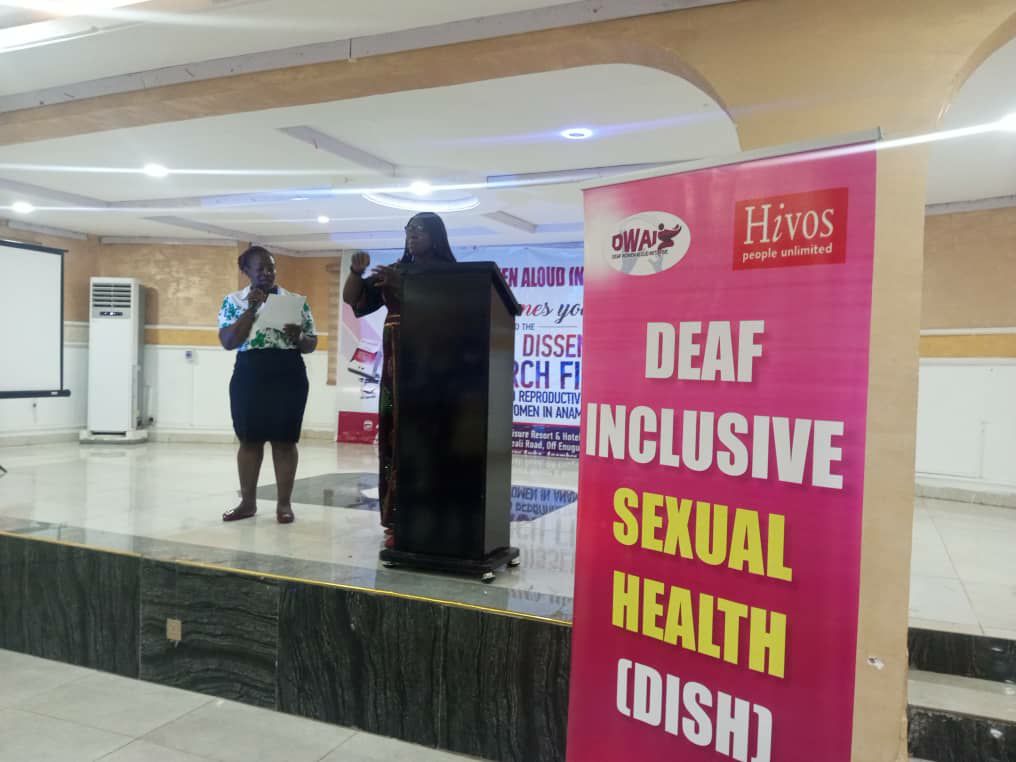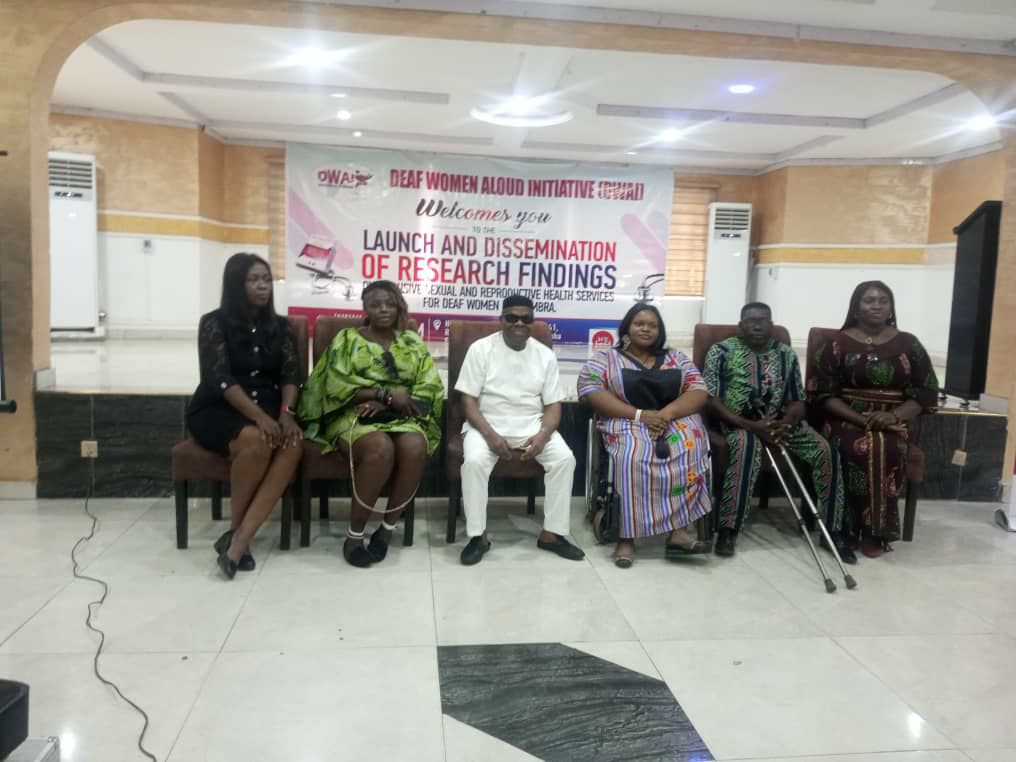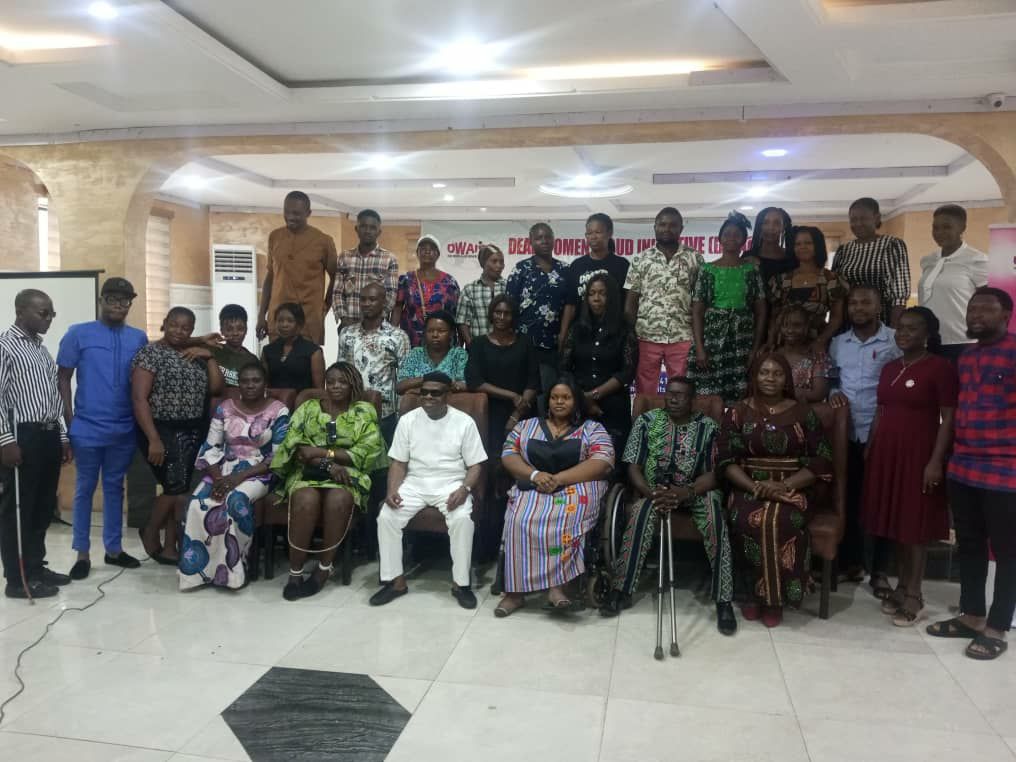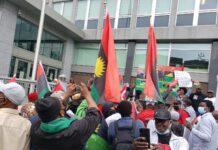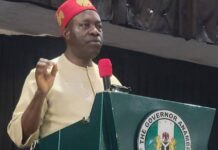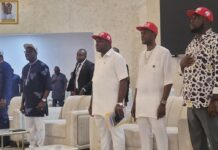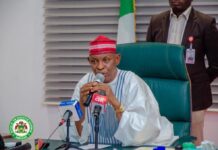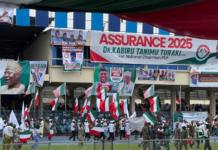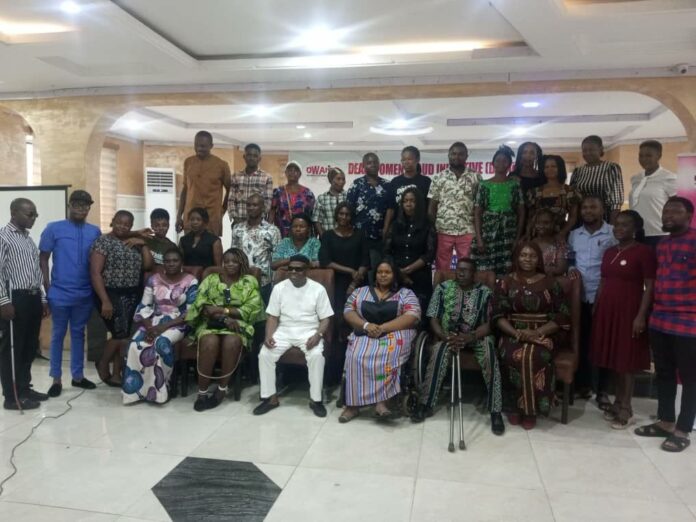Stakeholders in Anambra State have made passionate appeal for inclusive health care services which take care for the peculiar needs of deaf women and girls in the area.
The people made the call in Awka, the state capital, during the launch of a Needs Assessment Report on Inclusive Health Services for Deaf Women and Girls.
The occasion, which afforded deaf women the opportunity to share their frustrations with other stakeholders, attracted participants from the Ministries of Health and Education as well as the Disability Rights Commission, the deaf community, the general disability community and the media.
Hellen Beyioku-Alase, the Executive Director, Deaf Women Aloud Nigeria, (DWAI), which carried out the study, described the launch as a milestone in the efforts to understand and address barriers which deaf women face in accessing vital health services particularly in the area of sexual and reproductive health.
“One journey to this point has been one of collaboration, dedication and profound commitment to equity and inclusion. Our team has worked tirelessly to gather data, engage communities and listen to the voices of deaf women and girls whose experiences and insights have been invaluable in shaping the findings that we present today.
“I would like to appreciate all who contributed to its success especially the deaf women who shared their stories with courage and candour. Your voices are at the heart of this report and it is through your experiences that we can strive to make meaningful change.
Beyioku-Alase also appreciated the health care providers whose openness and willingness added to the credibility of the report. “This is a testament to the power of collaborative effort and shared vision. As we unveil these findings, we are not only presenting data and statistics. We are amplifying the voices of deaf women girls calling for inclusive healthcare services and advocating for actionable solutions that will ensure that no one is left behind”.
Taking participants through the report, the Project Officer, Patience Etim, regretted that no sign language interpreter was found in any of the hospitals across the three senatorial districts of the state, a development which makes it almost impossible for deaf women to access health care services.
“The report recommends employment of sign language interpreters in health facilities to bridge communication barriers as well as awareness creation campaign for disability inclusion in health facilities.
“Government should implement the Disability Rights Act and the sexual and reproductive health policies for effective and inclusive health care service delivery for deaf women. Health information should be made available for deaf women through video format and sign language while hospital records should include disability types for effective planning and inclusive services for persons with disabilities especially deaf women”.
The Commissioner for Women and Children’s Affairs, Mrs Ify Obinabo, represented by Mrs Bibiana Nwankwo, welcome collaboration with DWAI and the disability community in the state to address the findings of the needs assessment research.
“The commissioner sent me to get all the information so we know where exactly we can intervene. We will write these things as a proposal to the government asking them to have sign language interpreters in the hospitals. I am sure the government will hear the cry of these women”.
The Chairman, Disability rights Commission, Barrister Chuks Ezewuzie and the Chairman, Joint National Association of Persons With Disabilities, JONAPWD) Anambra State Chapter, Comrade Ugochukwu Okeke, promised their readiness to work with government and non-governmental stakeholders on the findings of the report, to further push for inclusive access to health care services for members of the disability of the disability community.
Also, the Reproductive Health Coordinator in the state, Dr Uju Okoye, described Prof. Chukwuma Soludo-led administration as passionate about the health of the citizens and encouraged the disability community to work closely together with the Ministry to explore ways to address the problems identified in the report.
“Government does not intend to leave anyone behind. So, I think that there is need to collaborate more with the disability rights commission to better the lots of members of the disability codisability.
Angel Network News (ANN) reports that the occasion featured a panel discussion featuring government and members of the disability community including one deaf mother who lost one of her pregnancies as a result of complications she could not explain to health care providers.
